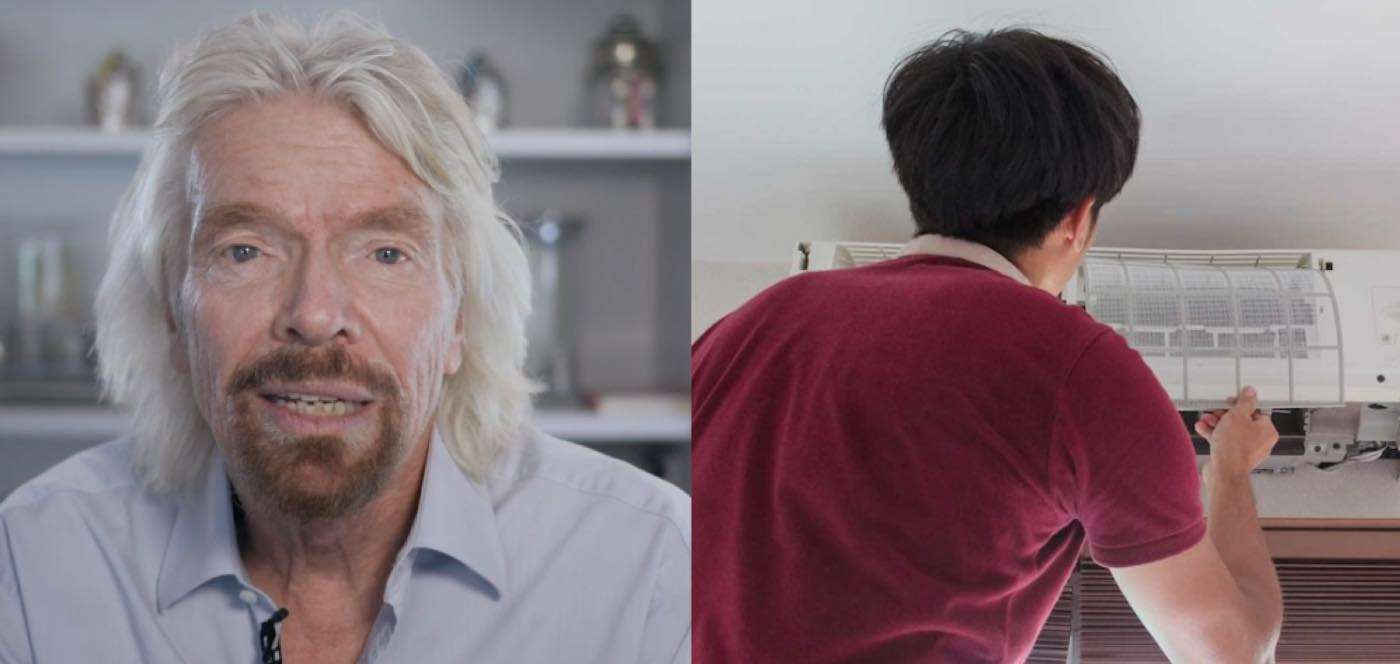Watch NASA Scientists' Emotional Reaction to Successfully Landing Robot on Surface of Mars
The researchers had to orchestrate their robot's landing sequence after it hit the Martian atmosphere going 12,300 miles per hour – and they succeeded.

Inventors from around the world now have three million reasons to reinvent one of the most basic household appliances: the air conditioner.
When people start to earn more money, reports show that one of the most common first purchases they make is an air conditioning unit. With global temperatures slowly rising and more people earning higher incomes, the amount of utilized AC units could multiply to a whopping 4.5 billion units by 2050, generating thousands of tons of carbon emissions as a byproduct.
That is why Sir Richard Branson recently helped to launch an international competition that is searching for participants who can come up with a more sustainable design for the air conditioner.
As a means of combatting climate change, the Global Cooling Prize is offering a $3 million prize for anyone who can design an AC unit that has five times less of the environmental impact as the standard unit, but for less than two times the shelf price.
The Indian government is also backing the competition, as their nation's residents are expected to buy 1 billion AC units during the coming decades.
A winning technology could prevent up to 100 gigatons of carbon emissions by 2050, and put the world on a pathway to mitigate up to 0.5º C of global warming by 2100, according to the Global Cooling Prize's report.
"The increase in energy consumption for cooling represents a massive risk to meeting our climate goals … [and the prize] can literally help save the world from the disaster it's facing," says Branson.
"This is a $20 billion market ready for a shake-up," he added. "The challenge is that the market is broken. Incumbent manufacturers follow market signals, which currently reward high volume and low price. High R&D costs present a major barrier to entry."
By offering up an incentive for a new design, however, competition organizers hope that smaller startups will finally have a chance to get their foot in the door of an industry that is dominated by a few multi-billion dollar corporations.
(WATCH the video below) – Photos by Global Cooling Prize
Be Sure And Share This Cool Story With Your Friends On Social Media
Be the first to comment